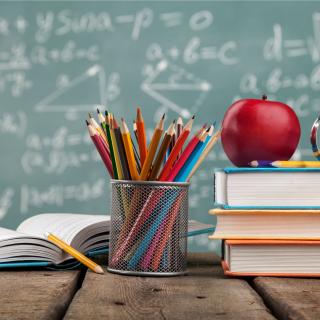Denmark: Agreement about the primary and lower secondary school to ensure more local autonomy

Following the government’s green paper on a reform of the primary and lower secondary school from October 2023, the Danish government and four opposition parties have entered into an agreement about the primary and lower secondary school. The purpose of the agreement is to free the public primary and lower secondary school (Folkeskolen) from requirements and regulations and ensure more practical instruction and freedom of choice for the eldest pupils.
The agreement includes a total of 33 initiatives under the following three headlines:
- Less national regulation and more local autonomy;
- Freedom of choice in relation to subjects and more practical instruction for the eldest pupils;
- An inclusive classroom environment, including special needs education and classroom management.
Among the 33 initiatives, the ten most significant include:
- 2.6 billion DKK for investments in improved, specialised classrooms and environments that encourage play;
- 540 million DKK for investments in books to reduce the use of screens and digital tools in the instruction and strengthen the joy of reading;
- A shorter school day for the youngest pupils and an increase in the hours allocated to optional subjects to ensure more practical instruction and freedom to choose for the eldest pupils;
- The number of final examinations is reduced from eight to six;
- The number of binding objectives for the instruction is reduced to ensure autonomy for the individual teacher when he or she plans the instruction;
- 500 million DKK is set aside annually to initiatives supporting the ten per cent of pupils who have the biggest challenges in the subjects Danish and mathematics;
- All pupils in form level eight and nine are offered the opportunity to attend a practical-oriented course in a business one or two days a week instead of following ordinary instruction in school these days (junior apprenticeship);
- Work experience for five days is made mandatory for all pupils to provide them with insight into their strengths and interests;
- Technology comprehension is prioritised in two ways: firstly, the professional competence ‘technology comprehension’ is integrated in the existing subjects. It aims to provide the pupils with abilities to be critical and constructive towards digitisation and digital tools. Secondly, technology comprehension is also offered as a new optional subject for the eldest pupils in form level 7-8.
In the autumn of 2024, the Minister for Children and Education will present the draft bills to Parliament regarding the initiatives that require a legislative change. At the earliest, these initiatives will come into force from 2025.
For more information: Ny aftale om folkeskolen | Børne– og Undervisningsministeriet (uvm.dk)
Source: Eurydice Unit Denmark





